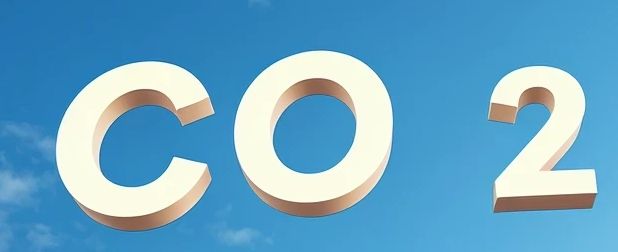 Daniel Hale, formerly with the U.S. Air Force and then with the National Geospatial-Intelligence Agency, blew the whistle on the United States’ drone assassination program, providing documentary evidence that the U.S. was killing civilians in Afghanistan whom it posthumously claimed were combatants. Hale will be sentenced tomorrow, July 27, in Alexandria, VA.
Daniel Hale, formerly with the U.S. Air Force and then with the National Geospatial-Intelligence Agency, blew the whistle on the United States’ drone assassination program, providing documentary evidence that the U.S. was killing civilians in Afghanistan whom it posthumously claimed were combatants. Hale will be sentenced tomorrow, July 27, in Alexandria, VA.
Charged with five counts under the Espionage Act and facing 50 years in prison, Hale plead guilty to one count under the Act with the hopes of a much lower sentence. The United States has requested 7-9 years in prison for Hale, which would be the longest-ever sentence for a federal whistleblower by far.
Unable to explain his motives in the trial phase, because the Espionage Act precludes any discussion of motivation, conflating whistleblowers with spies for foreign adversaries, Hale has written a letter to the judge for the sentencing phase of his proceedings. His honest, heartfelt letter, worth reading in full, concludes:
Your Honor, the truest truism that I’ve come to understand about the nature of war is that war is trauma. I believe that any person either called upon or coerced to participate in war against their fellow man is promised to be exposed to some form of trauma. In that way, no soldier blessed to have returned home from war does so uninjured.
The crux of PTSD is that it is a moral conundrum that afflicts invisible wounds on the psyche of a person made to burden the weight of experience after surviving a traumatic event. How PTSD manifests depends on the circumstances of the event. So how is the drone operator to process this? The victorious rifleman, unquestioningly remorseful, at least keeps his honor intact by having faced off against his enemy on the battlefield. The determined fighter pilot has the luxury of not having to witness the gruesome aftermath. But what possibly could I have done to cope with the undeniable cruelties that I perpetuated?
My conscience, once held at bay, came roaring back to life. At first, I tried to ignore it. Wishing instead that someone, better placed than I, should come along to take this cup from me. But this, too, was folly. Left to decide whether to act, I only could do that which I ought to do before God and my own conscience. The answer came to me, that to stop the cycle of violence, I ought to sacrifice my own life and not that of another person.
So I contacted an investigative reporter with whom I had had an established prior relationship and told him that I had something the American people needed to know.
Jesselyn Radack, an attorney for Hale, and Noor Mir, part of Hale’s support team, were on Democracy Now! Today to discuss his case:



